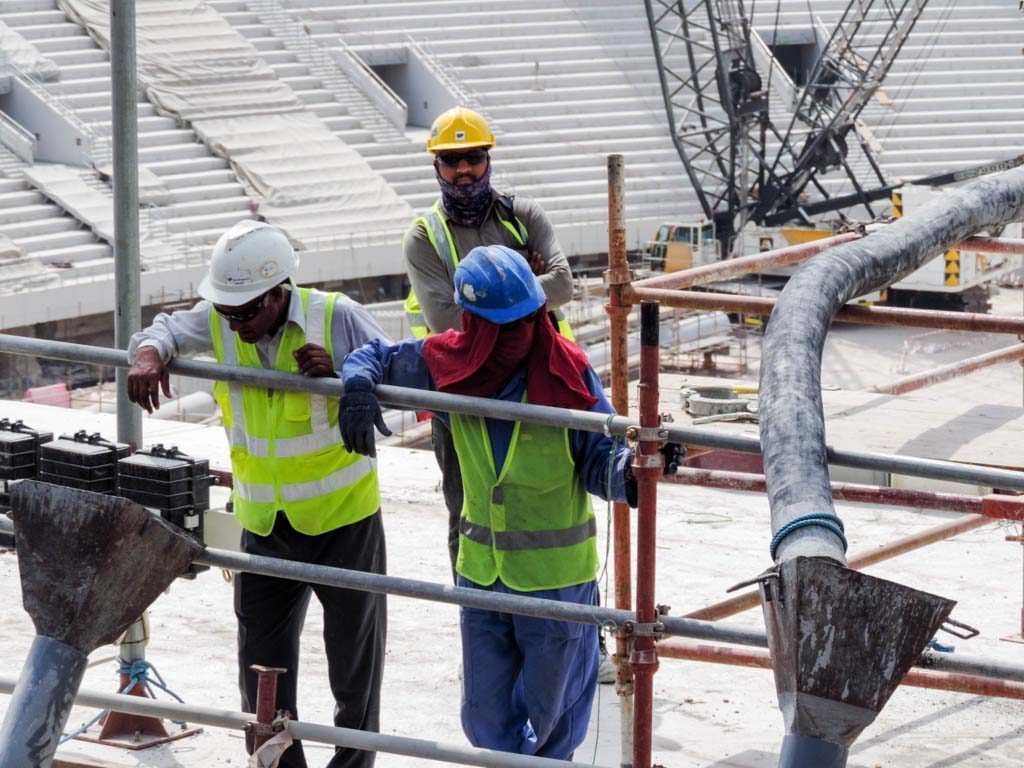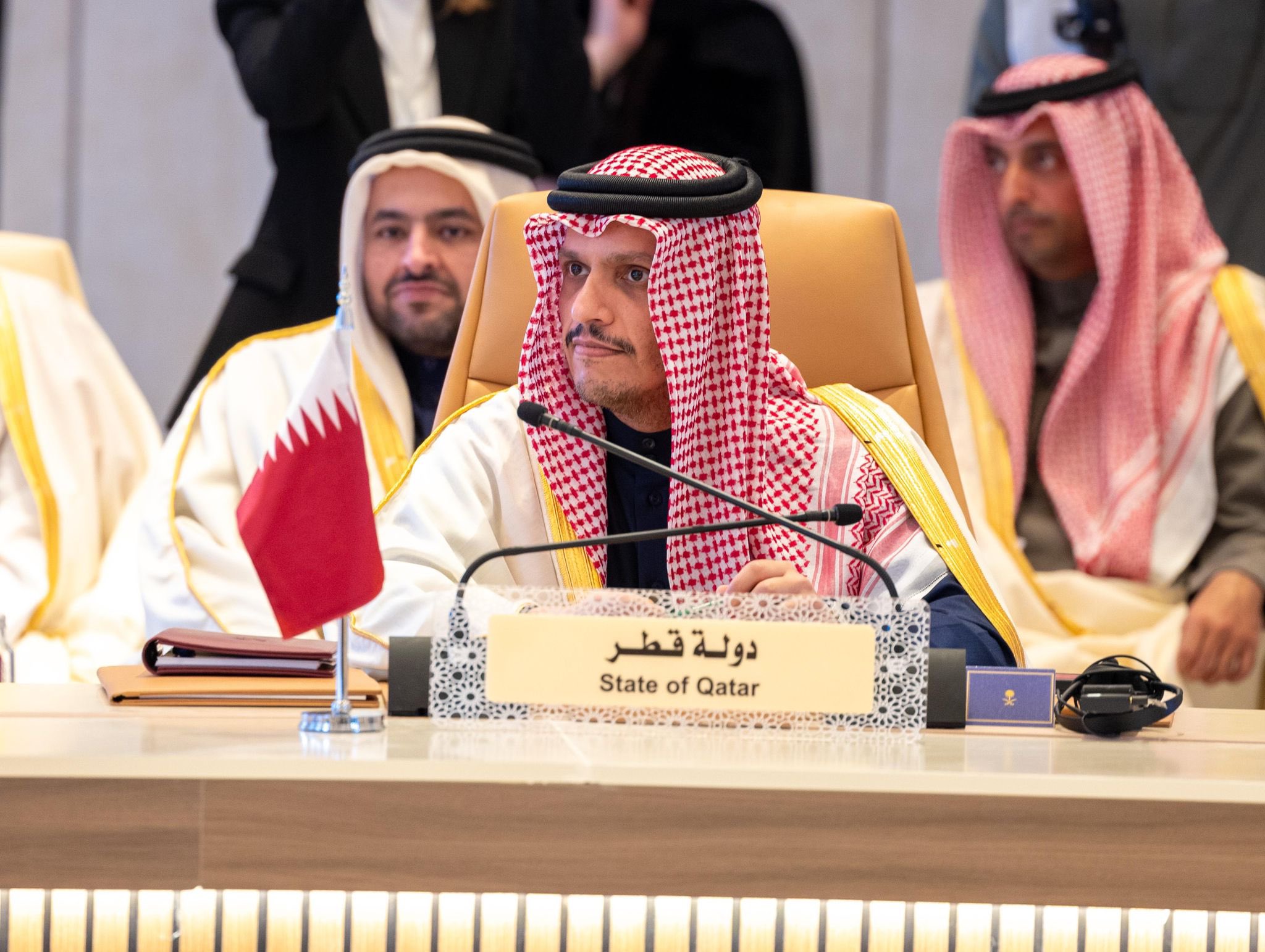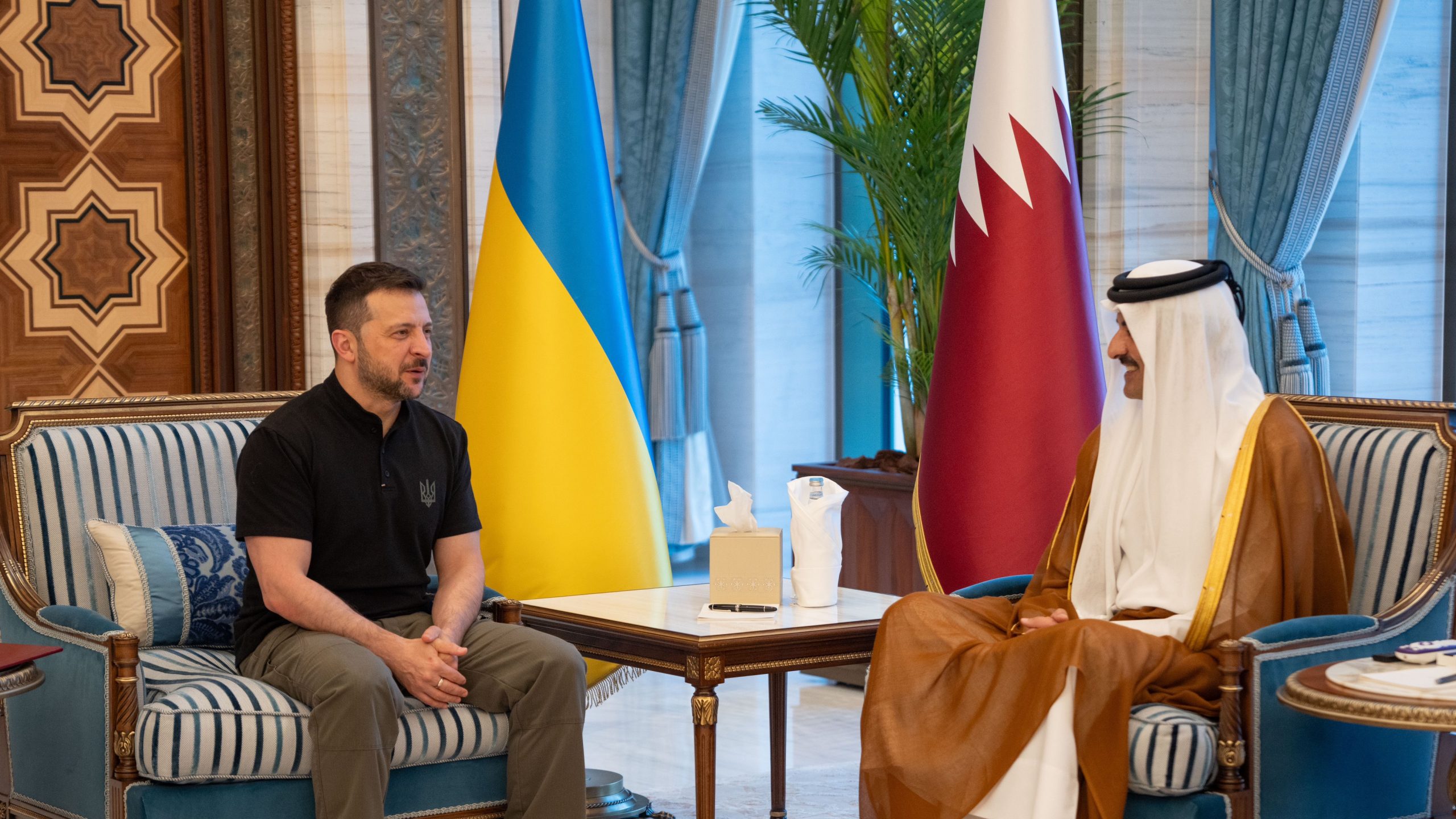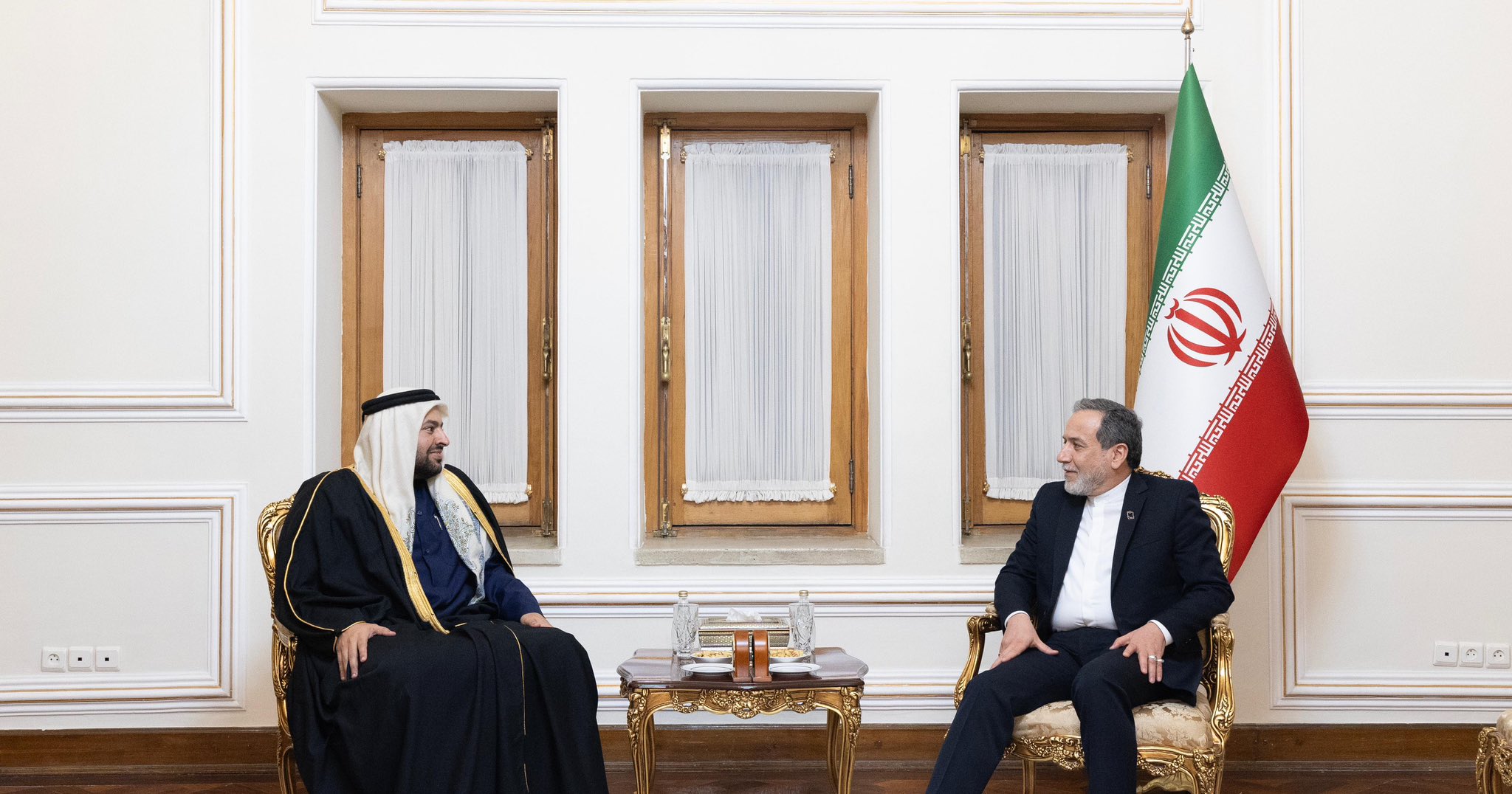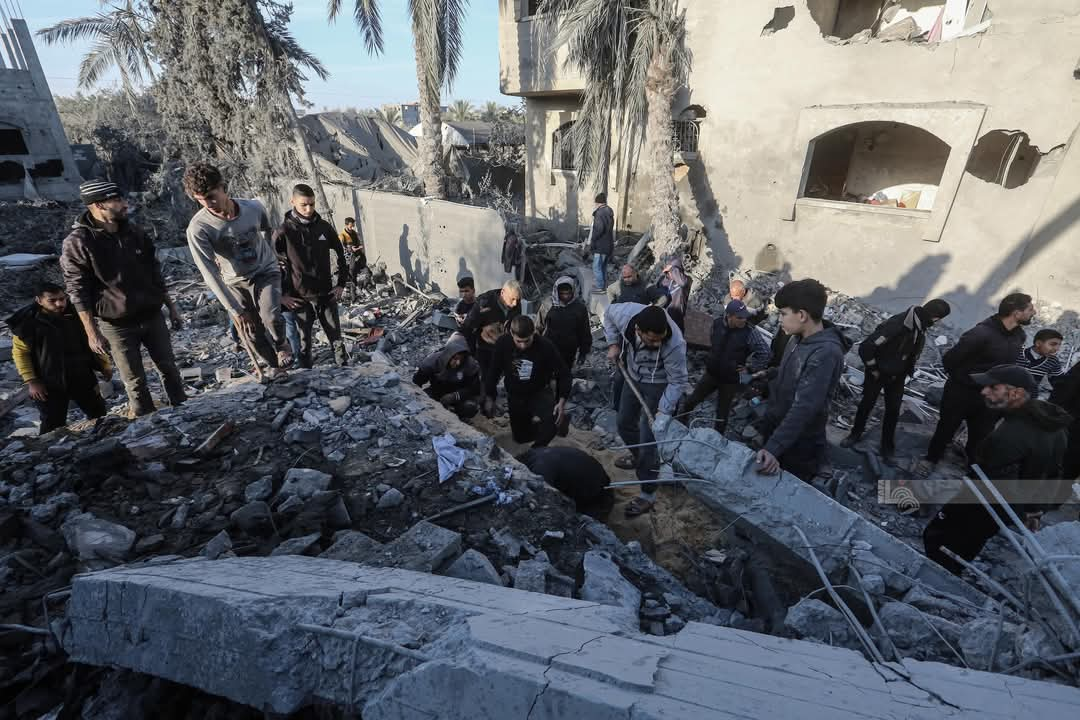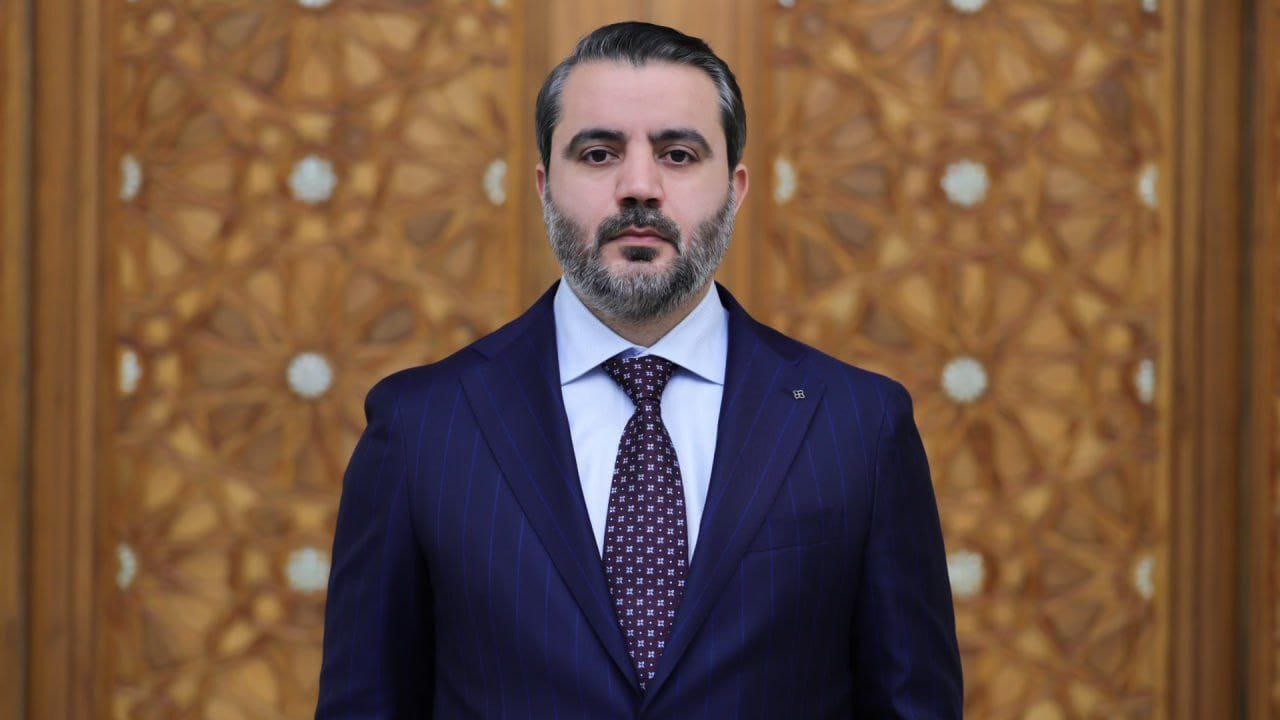
Qatar’s World Cup organizers have not been contacted by Swiss investigators during an ongoing probe into the 2018 and 2022 tournaments, a senior official has said.
Nasser Al-Khater, assistant secretary general of the Supreme Committee for Delivery & Legacy, said the Swiss attorney general’s office (OAG) has not been in touch since it launched its corruption investigation in May.
Nearly five months ago, Swiss authorities arrested seven top FIFA officials in Zurich on behalf of the US Department of Justice. Since then, Swiss and US authorities have been conducing separate investigations into FIFA.

At the time, US officials said they had charged 14 people, nine of whom were current or former FIFA executives.
Speaking at a media briefing yesterday, Al-Khater responded “no” when quizzed about whether Qatar had been contacted by the Swiss investigators, although would not further comment on the situation, AFP reported.
“Whatever they require us to cooperate with, we will cooperate with,” he added, according to sports website insidethegames.
Quizzed about his views on the crisis at FIFA, after its President Sepp Blatter was suspended for 90 days earlier this month for so-called “disloyal payments,” Al-Khater said the committee’s focus was on getting a “strong, transparent football governing body going forward.”
Stadiums
Also yesterday, Al-Khater said that Qatar is progressing with plans to build stadiums and put in place the infrastructure needed ahead of 2022.
“Our progress is very, very good. I think we are happy with where we are right now. Seven years out from the tournament, I am very comfortable to say that we are in a very, very good place,” he said, according to AFP.

So far, five stadiums are being built from scratch or remodeled – in Al Wakrah, Al Khor, Education City, Al Rayyan and the Khalifa International Stadium in Aspire Zone.
Khalifa Stadium is the first venue expected to be finished, when reconstruction works are completed next year.
The flagship arena in Lusail City, which will host the opening ceremony and final match of the tournament, is being designed by UK-based architects Foster + Partners, with the official reveal of its renderings expected next year.
Preparations works are underway on the site, with temporary offices built and hoardings erected, the SCDL said last month.
A full line up of the locations and stadiums for the tournament is expected to be announced by the year-end.
Workers’ rights
Amid ongoing critical coverage of Qatar as host venue of the World Cup, Al-Khater admitted that addressing public perceptions about the state was one of the biggest challenges.
The welfare of construction workers continues to be one of the most contentious issues.

The SCDL has a workers’ charter, which outlines minimum standards of housing, nutrition, health and safety which its contractors must follow.
However, many human rights’ campaigners say Qatar should do more to ensure basic provisions for all of its hundreds of thousands of blue-collar workers, not just the fraction of peple employed on World Cup projects.
In response, Al-Khater said:
“I think it’s going to be an uphill battle in terms of improving the public opinion of the World Cup in Qatar, but I think that we’re getting there.
For example, if we take one area of concern, workers’ welfare, I think there’s a lot of criticism. I think a lot of the criticism is exaggerated, but I also think a lot of the criticism is in its place,” insidethegame reported.
Last May, Qatar announced “reforms” to its controversial kafala sponsorship system, which should make it easier for expats to leave the country and change jobs.
However, progress on getting the changes approved by the various government bodies has been slow. Despite achieving Cabinet approval last month, it looks unlikely the legislation will come into force until at least late next year.
“Rome wasn’t built in a day and countries that have had thousands of years of history in terms of civic society, it takes them 15 to 20 years to pass legislation,” Al-Khater said.
Thoughts?

